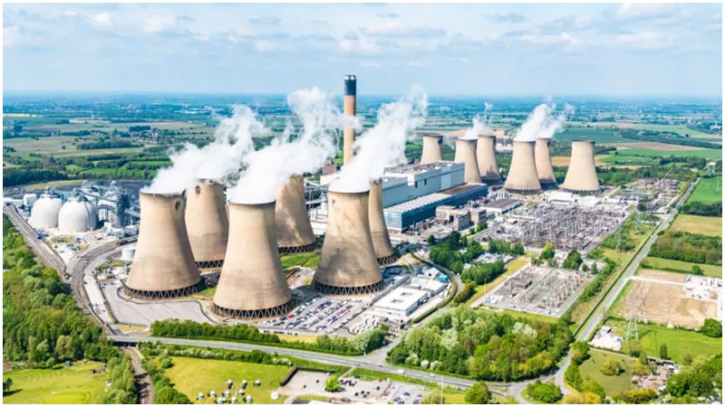UK, US strike landmark nuclear energy deal to boost jobs and energy security

The United Kingdom and the United States are set to sign a sweeping agreement to fast-track nuclear energy development, a move expected to create thousands of jobs and bolster Britain’s long-term energy security.
The deal, called the Atlantic Partnership for Advanced Nuclear Energy, will be finalized during US President Donald Trump’s state visit this week. Leaders from both nations say the accord will help unlock billions in private investment while positioning them at the forefront of global clean energy innovation.
Prime Minister Sir Keir Starmer hailed the initiative as the start of a “golden age of nuclear,” while UK Energy Secretary Ed Miliband said the partnership would “deliver growth and well-paid, skilled jobs” for working families.
US Energy Secretary Chris Wright called it a “nuclear renaissance,” stressing the agreement’s potential to meet growing power demand, including from AI and data infrastructure, while reducing dependence on fossil fuels and Russian nuclear materials by 2028.
Cutting red tape, accelerating projects
A key provision of the partnership is streamlining regulatory approvals, reducing licensing times for nuclear projects from up to four years to just two. The plan also aims to deepen collaboration between British and American firms.
Among the flagship projects:
X-Energy (US) and Centrica (UK): A proposal to build up to 12 advanced modular reactors in Hartlepool, capable of powering 1.5 million homes and creating up to 2,500 jobs. The initiative could inject up to £40 billion into the economy, with £12 billion earmarked for the north east.
Last Energy and DP World: A micro modular reactor project at London Gateway port, backed by £80 million in private investment.
Holtec, EDF, and Tritax: Plans to transform the former Cottam coal plant in Nottinghamshire into a nuclear-powered data centre hub, an £11 billion project expected to generate thousands of construction and long-term jobs.
Nuclear’s Comeback
The agreement also extends into fusion research and clean energy technology, reinforcing the UK’s pledge — alongside 30 other countries — to triple nuclear capacity by 2050.
Once a major nuclear power, the UK saw its share of electricity from nuclear drop from 25% in the 1990s to around 15% today, as older reactors near retirement and new projects stalled. Recent moves, including the Sizewell C plant in Suffolk and Rolls-Royce’s small modular reactors, are seen as steps toward reversing that decline.
Starmer has vowed to restore the UK’s standing as a “world leader in nuclear,” while both governments see the deal as a way to strengthen supply chains, curb climate change, and secure energy independence.
.png)




